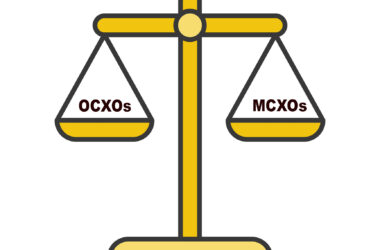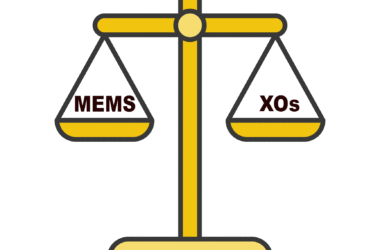Radiation Effects on Crystals and Oscillators – Part 4
In this fourth and final lecture, the Professor will discuss radiation impacts on the entire crystal oscillator assembly.. Up until now we have not discussed the effects of radiation on oscillator components other than the quartz crystals. Radiation effects on other electronic components is a more complicated subject, because all active devices (semiconductors, transistors, digital electronic devices, etc.) are subject to degradation due to several types of radiation. Some of the major types of radiation of interest are: TID Total Ionizing Dose (TID) is the cumulative absorbed dose in a given material resulting from the energy of ionizing radiation at…




